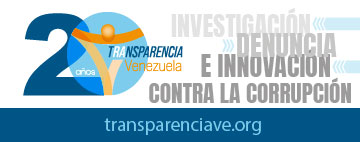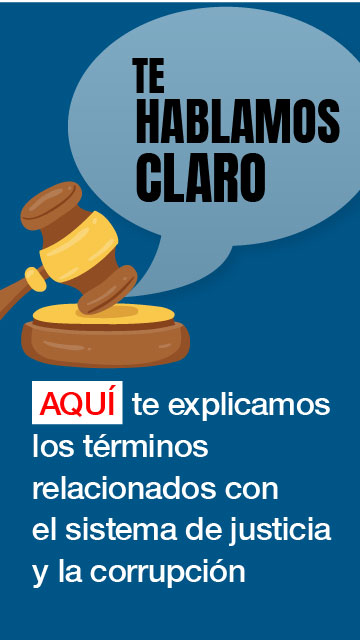«The powerful may be touched only with a velvet glove.” In complete disregard of the progress of regional conventions and democratic principles, the Constitutional Chamber of the Supreme Court confirmed the validity of so-called «contempt laws» that criminalise the allegedly offensive expressions against officials and state institutions.
Attorney Rafael Chavero requested on March 6, 2001, the annulment of articles of the Criminal Code known as the «contempt laws», arguing among other things that these infringed the Constitution, the American Convention on Human Rights and freedom of expression, «by creating a deterrent effect by limiting political debate and criticism of the actions of public officials.»
Chavero said that a report by the Inter-American Commission on Human Rights warned that «the implementation of ‘contempt laws’ to protect the honour of public officials acting in official capacity grants them an unjustifiable right to protection that is not granted to other members of society,» and this is why the continental organisation recommended «to repeal or amend them in order to adapt them to international instruments.»
The response from the Constitutional Court came on July 15, 2003, in a presentation by Justice Jesús Eduardo Cabrera. In principle, it clarified that this chamber of the Supreme Court «determines which human rights treaties, pacts and (international) conventions prevail in domestic law; and which human rights not covered by these international instruments are applicable in Venezuela.»
Cabrera rejected Chavero’s view and the position of the Inter-American Commission on Human Rights, considering that these rules «serve as a barrier against abuse and disrespect of freedom of expression and this situation that jeopardises the state itself.» The judge upheld the validity of the «contempt laws» because «institutions cannot remain defenceless against this abuse of freedom of expression, and this makes it – at least in the case of Venezuela – impossible to repeal.»
Thanks to this decision of the Supreme Court, senior officials added one to their list of privileges. Apart from their bodyguards and armoured cars to protect their physical integrity, they also enjoy the support of judges to protect their ears from the public criticism. They are the untouchables.
Extract of the judgment
The recommendations [of the Inter-American Commission on Human Rights] have a doctrinal value that must be assessed by the Court, since that particular recommendation referred to by the claimant urges Member States to repeal or amend the so-called contempt laws, in order to adapt them to international law, but the recommendation is merely a point of view of the Commission ( …) For the Court, the recommendations (…) of the Inter-American Commission on Human Rights are not binding (…) Said report (…) is merely (…) a set of recommendations that the States will follow or not, but that in the opinion of this court, are not binding, and so it is declared (…) The purpose of the recommendations of the Commission on contempt laws is to put an end to political persecution by the Public Power (…) These institutions cannot remain defenceless against this abuse of freedom of expression, and this makes it (…) impossible to repeal the «contempt laws» which, in some way, serve as a barrier against abuse and disrespect of freedom of expression and this situation that jeopardises the state itself, and might even have an impact on the country’s independence. Thus, the recommendations with such effects cannot be binding on Venezuela (…) With this interpretation, Venezuela is not in breach of the «Pact of San José».







